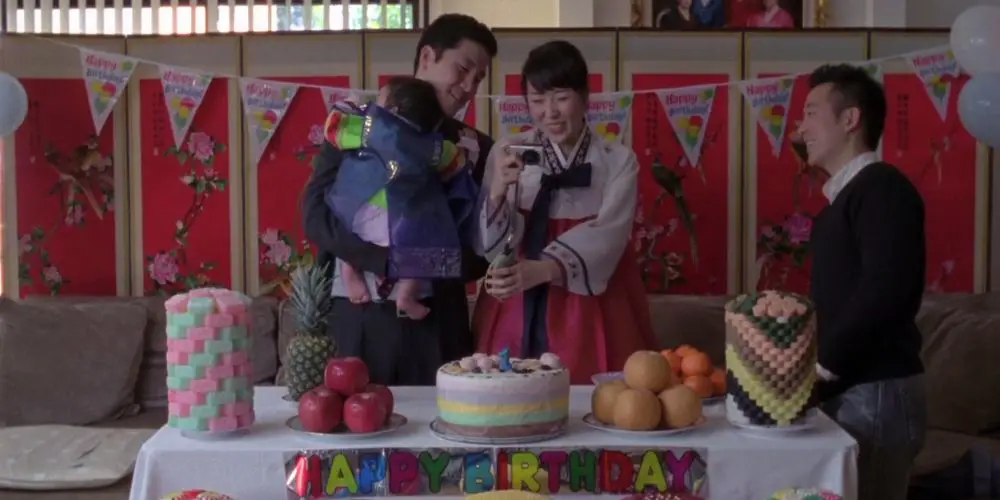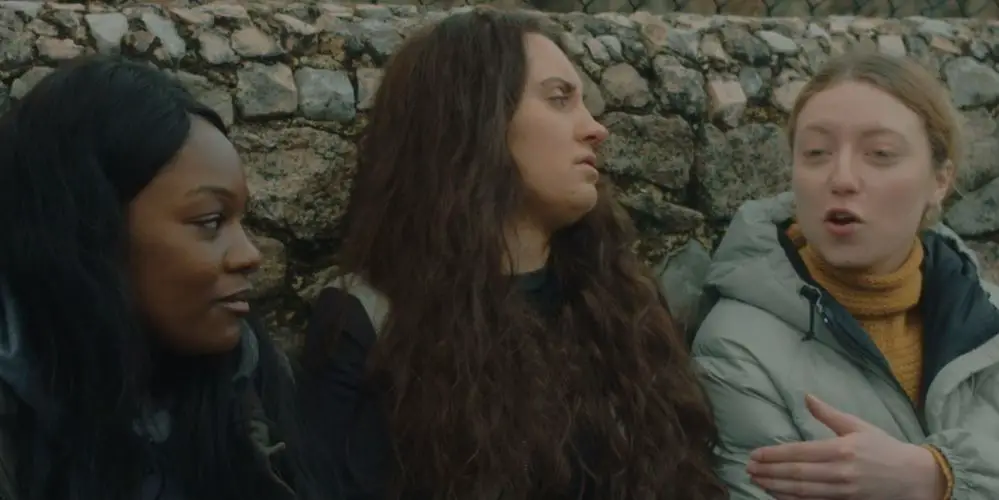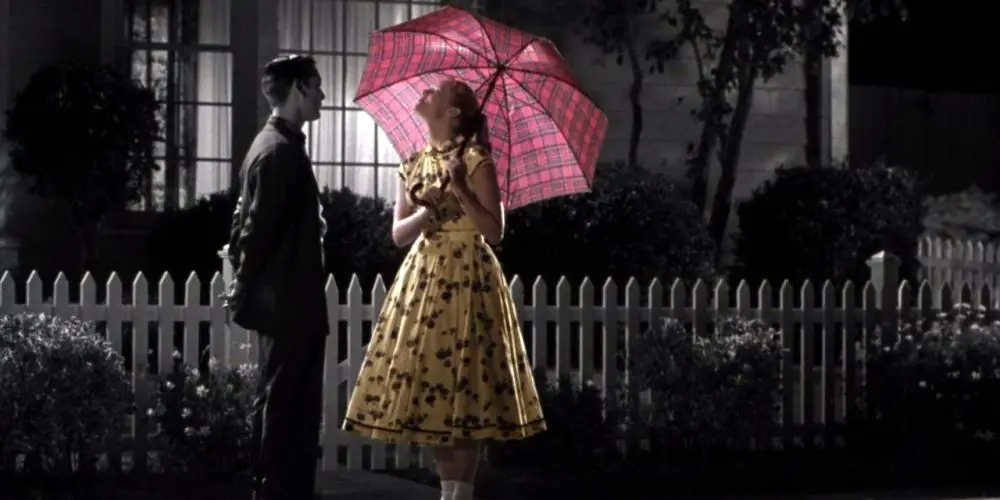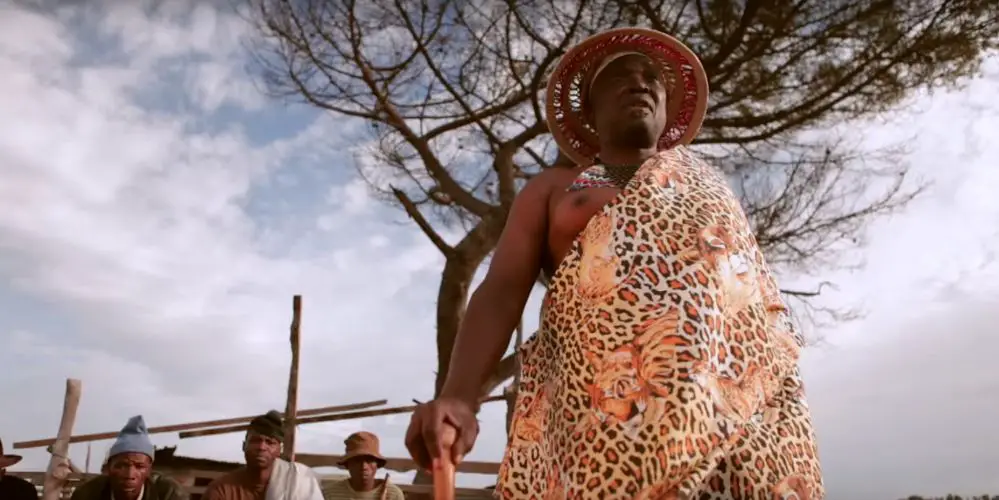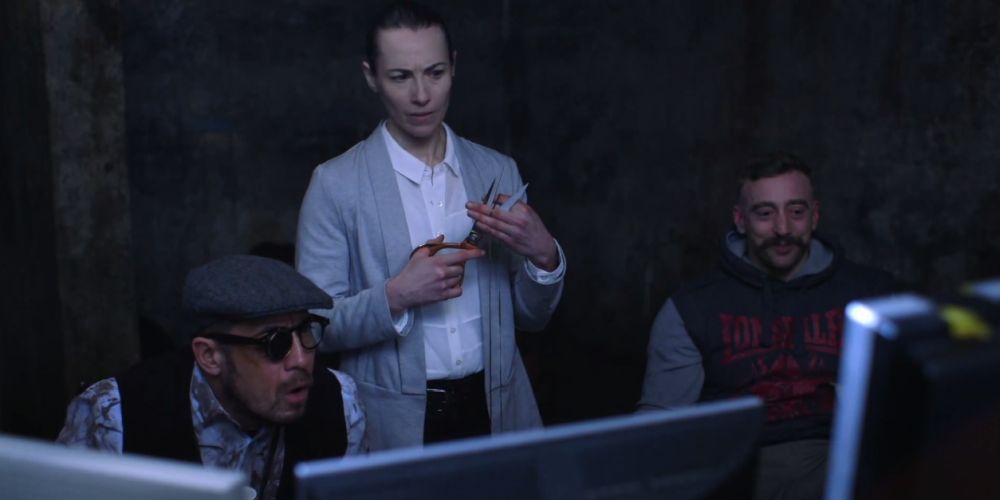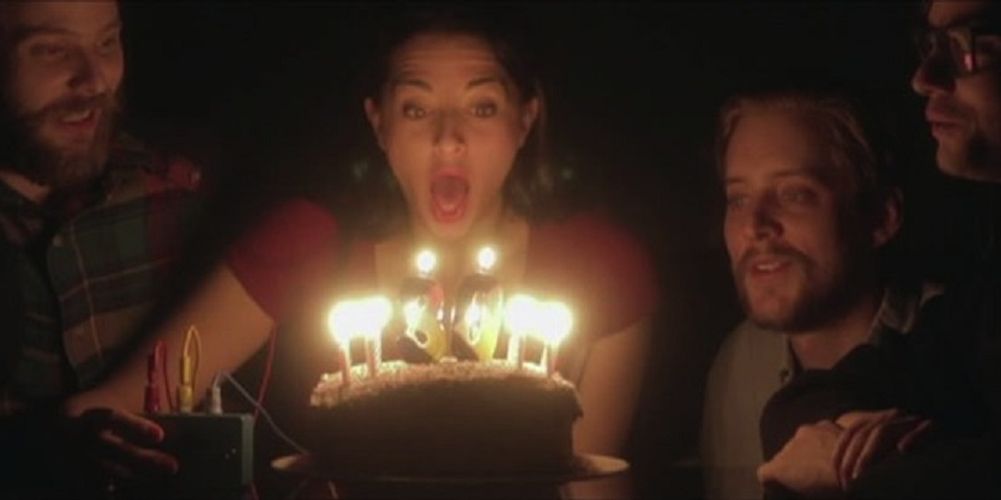Film Reviews
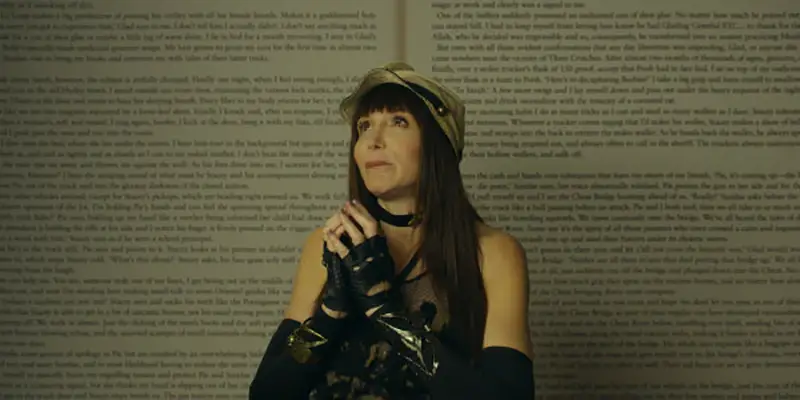
First published in 2000 under the pseudonymn JT LeRoy by author Laura Albert, “Sarah” became a transgressive fiction literary sensation. After holding court with such seminal writers of the sub-genre such as Bruce Benderson and Dennis Cooper, the rising writer of American letters seemed destined for superstardom. Whisked away on the coattails of celebrities impressed with her abilities on the page, Jeremiah “Terminator” LeRoy become the queer it lit boy of a generation.

When we think of documentaries about North Korea, it is usually with an eye toward illuminating what to this day remains cloaked in self-imposed mystery. As it has always been an excessively reclusive nation, this state of unknowing has been the primary trait most of the West associates with the DPRK. As a young country, that means most of its brief history is known only to itself, and even then there are probably only a few at the government’s upper echelons that are privy to details not disseminated to a populace fed on propaganda.
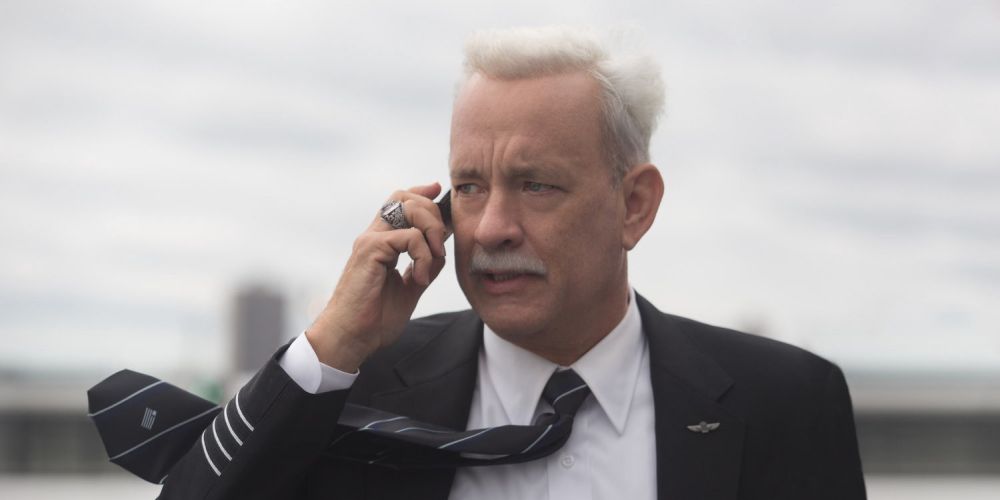
I still fondly remember the day that was subsequently christened the “Miracle on the Hudson”, when it was discovered that a plane successfully landed on the Hudson River after an incident in the air when both engines were destroyed. Amazingly, everyone on board survived. It was one of the first times I had heard of something like this happening, and I would say that most of America, if not the world, was equally spellbound.
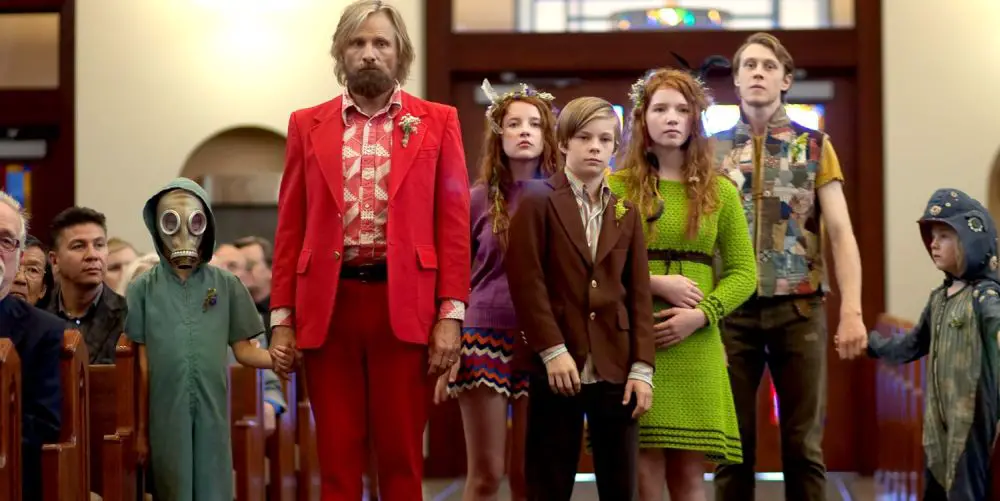
To title your film with the superlative ‘Fantastic’ is playing with fire. Firstly, in this age of Marvel’s silver screen domination and DC’s valiant attempts to catch up, it would be understandable for any jaded cinema-goer to skip this one, expecting another facile, spandex-clad superhero epic; secondly, if it fails the headlines write themselves, and every movie critic worth their salt would crowbar in a reference to the irony of the film’s title. Luckily, Matt Ross’ sophomore effort Captain Fantastic, following 2012’s 28 Hotel Rooms, will have few critics drawing knives, and anyone eagerly searching for an antithesis to the recent barrage of superhero blockbusters in cinemas will be satisfied, if not delighted, when the credits roll.
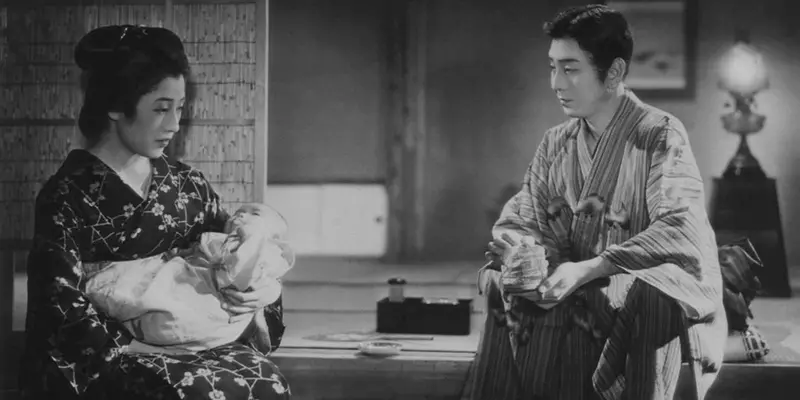
Kenji Mizoguchi’s The Story of the Last Chrysanthemum follows Kikunosuke and Otoku, a young couple in late 19th Century Japan. Kikunosuke is the adopted son of a famous kabuki house, and an emerging kabuki actor; Otoku is one of his family’s servants. Most people, including his adopted father, think Kikunosuke is no good as an actor, but they only criticize him behind his back.
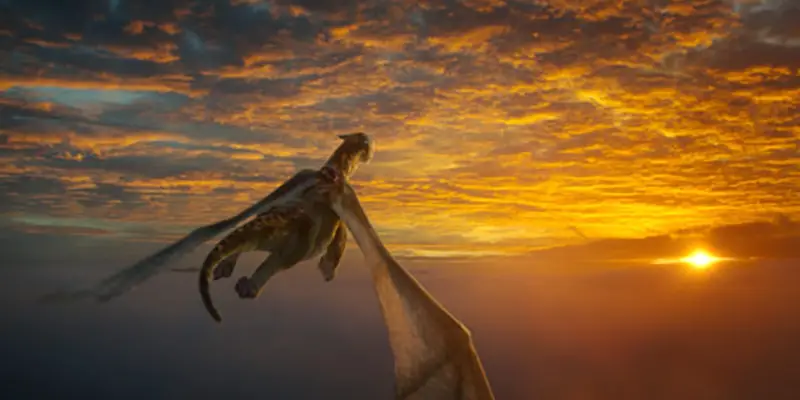
If you’ve ever wondered why fantasy has always been a popular genre in fiction, it might help knowing that all fiction is a form of fantasy, and that stories are a type of self-preservation. Take Martin Scorsese’s wildly entertaining and greatly underappreciated Shutter Island, in which the main character, Teddy, is on a mission to prove he is innocent, only for the truth to reveal that he is anything but. As Teddy becomes fully aware, he finds out that he has created an elaborate fantasy, a hyper-fiction as a ruse to shield himself from the harsh reality.

Leyla Bouzid’s French-Tunisian drama goes above and beyond the traditional coming of age story, using one girl’s journey to adulthood to explore politics, revolution and state sanctioned violence. As I Open My Eyes, gaining international attention for its portrayal of the Arab Spring, seeks to tackle such a prominent and life altering event through the eyes of its young protagonist: Farah.


